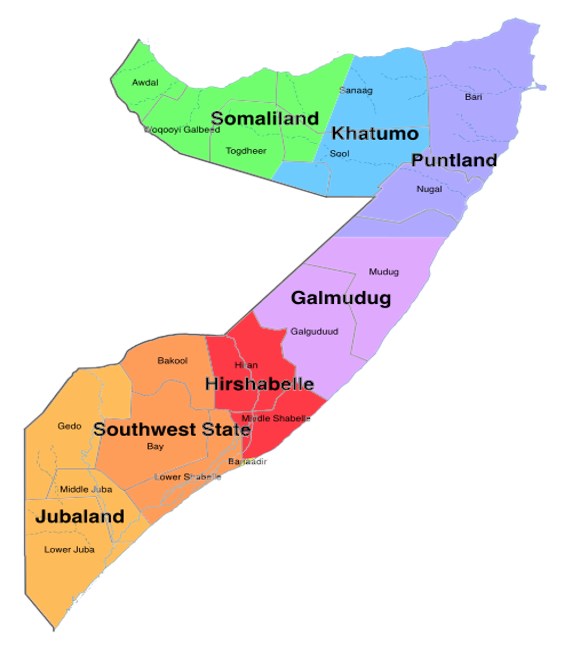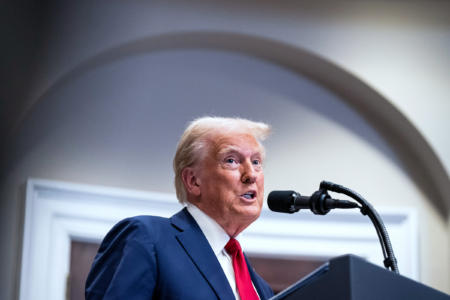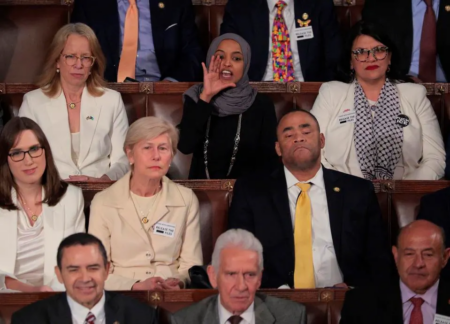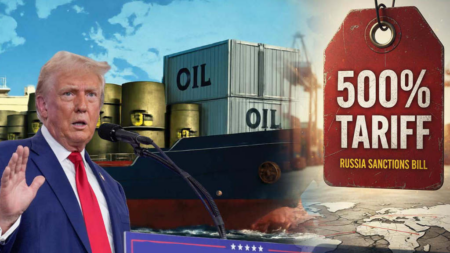After decades of civil conflict and the collapse of centralized governance, Somalia federalism experiment—largely shaped by external actors—has failed to deliver the political stability it promised.
Instead of fostering unity, Somalia federalism has deepened clan divisions, weakened national cohesion, and exposed the country to foreign manipulation.
Let’s explore the challenges that governs Somalia federalism and outline viable governance alternatives that align with Somalia’s unique social and political realities.
Somalia Federalism: A System That Fractures Instead of Unites
Somalia’s federal system was introduced as a solution to decades of instability.
However, it has produced unintended consequences:
- Clan-based fragmentation: Somalia’s divisions are rooted in clan identity, not ethnicity, making rigid federal boundaries ineffective.
- Territorial disputes: Clans often span multiple regions, leading to conflicts like those in Galkayo and SSC-Khatumo.
- Weak central authority: Federal Member States (FMSs) such as Jubaland and Puntland frequently challenge Mogadishu’s legitimacy.
- Risk of secession: Ethiopia’s ethnic federalism model shows how excessive autonomy can fuel separatist movements—an existential threat for Somalia.
Ethiopia’s Ethnic Federalism: A Cautionary Tale for Somalia
Ethiopia’s 1995 constitution introduced ethnic-based federalism, granting regions the right to secede under Article 39.
While intended to empower marginalized groups, it has led to:
- Political fragmentation
- Violent interregional conflicts
- Weak national identity
Applying this model to Somalia is problematic due to its clan-based society, overlapping territories, and fragile institutions.

Foreign Influence and Somalia’s Political Landscape
Somalia’s governance has long been shaped by external actors, often to the detriment of national unity. Key concerns include:
- Maritime interests in Somalia’s Exclusive Economic Zone
- Security interventions by Ethiopia and Kenya
- Proxy politics backing rival Somali factions
- Economic competition from Somali ports
- Aid dependency, with funds routed through neighboring countries
- Foreign military presence, exploited by extremist groups
These dynamics reinforce fragmentation and undermine Somalia’s sovereignty.
Why Somalia Federalism Became Fragmentation
Several structural flaws have turned decentralization into disunity:
- Ambiguous constitutional powers
- Clan-based territorial claims
- Multiple security providers
- Fiscal disputes and uneven revenue-sharing
- Foreign engagement bypassing the federal government
- Weak local democracy dominated by strongmen
Governance Alternatives for Somalia’s Future
Somalia needs a governance model built from within—one that reflects its social fabric and strengthens national unity.
Two viable paths include:
1. American-Style Federalism
- Clearly defined constitutional powers
- Locally elected leaders accountable to constituents
- Strong central government with balanced regional autonomy
2. Return to 18 Autonomous Regions
- Decentralized unitary state
- Local governance within a unified Somali nation
- Practical and historically rooted approach
Given Somalia’s current realities, Option 2 may offer a more stable and inclusive framework.

A Somali-Led Path to Stability
Somalia’s rich resources—from fisheries to trade routes—position it as a potential regional leader.
But transformation must begin from within.
“Allah does not change the condition of a people until they change what is in themselves.” — Qur’an
To overcome clan politics and foreign interference, Somalia must adopt a governance system that is inclusive, resilient, and rooted in its history.
Somalia Federalism and Lasting Peace
The future of Somalia depends on its ability to reimagine governance in a way that unites rather than divides.
By learning from regional models and prioritizing internal reform, Somalia can build a system that empowers its people and secures lasting peace.








